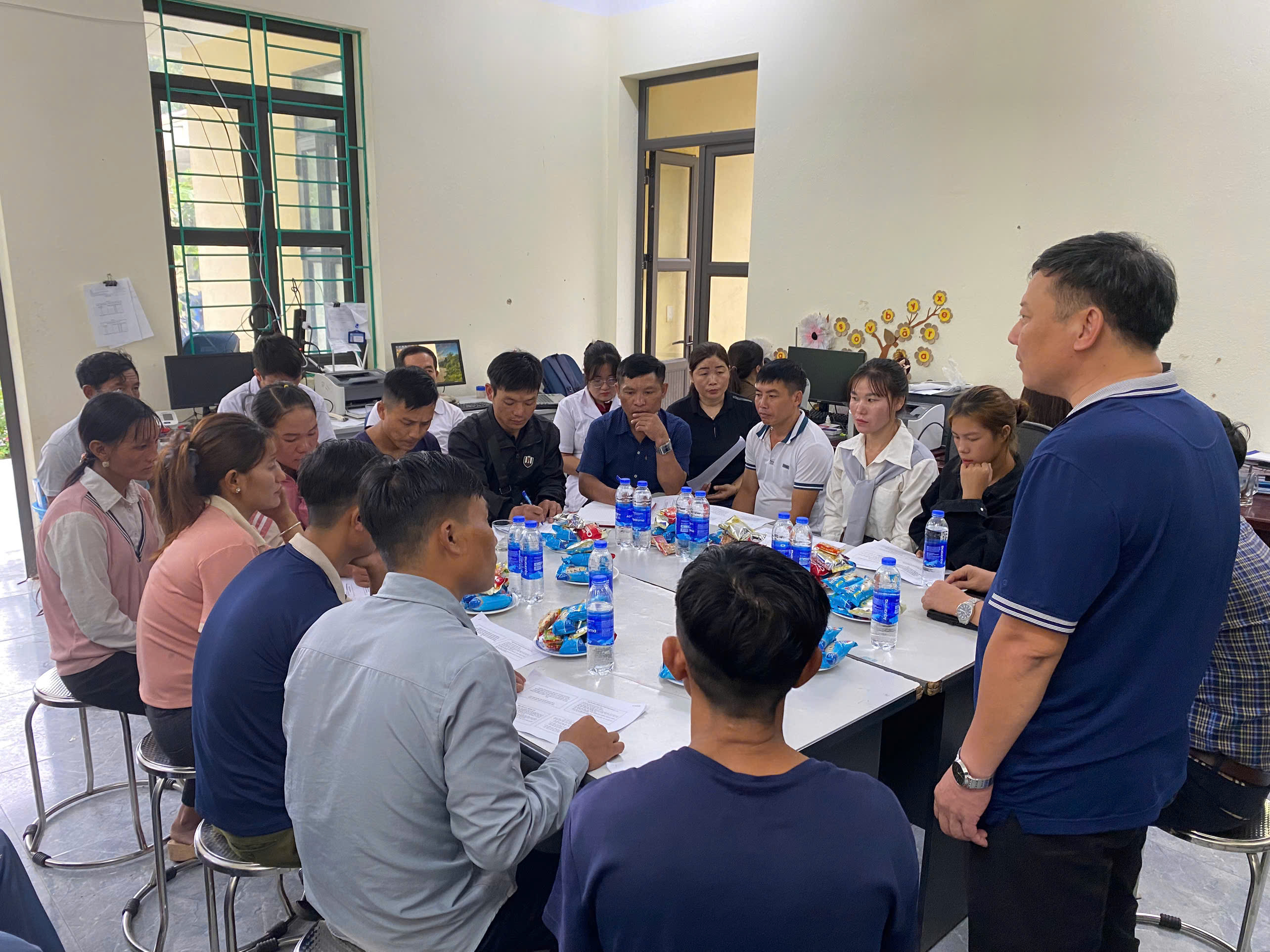.jpg)
Singapore, 14 February 2025 – Steady progress has been made towards malaria elimination across the Asia Pacific region. In particular, the Greater Mekong Subregion (GMS) has made significant strides to address the threat of artemisinin resistance as countries strive to reach the 2030 elimination goal. Since 2006, the United States Agency for International Development (USAID), through the President’s Malaria Initiative (PMI), has partnered with governments and local communities to deliver life-saving interventions to vulnerable populations, distributing over 750 million mosquito nets, 610 million rapid diagnostic tests, and 715 million fast-acting malaria treatments globally.
PMI has played a particularly crucial role in the GMS in reducing the spread of artemisinin resistance, preventing outbreaks and strengthening health systems. Between 2018 and 2023, PMI provided approximately USD 100 million to Cambodia, Lao PDR, Myanmar and Thailand, supporting communities with essential financial and technical assistance in their fight against malaria.
These hard-won achievements and progress are now in jeopardy following the recent pivot in policy on foreign aid assistance on all USAID programming, resulting in aid suspension on all global health programs including efforts spearheaded by PMI.
The unexpected cessation of aid has left countries scrambling to develop contingency plans to address the impending disruption of supplies which will severely impact testing and treatment services. Such an abrupt shift in political commitment poses a grave threat to the continuity of malaria surveillance, the availability of essential medicines, and ultimately, the goal of malaria elimination in the region.
In the face of uncertainty surrounding U.S. aid funding and support, the Asia Pacific Leaders Malaria Alliance (APLMA) stands resolute in its commitment to supporting the region’s relentless fight against malaria. APLMA will intensify its advocacy for strengthened partnerships, including reinvigorated efforts to ensure a successful Eighth Replenishment of the Global Fund in 2025 so that the hard-earned progress in these regions remains intact. Regardless of political and financial shifts, APLMA is unwavering in its dedication to prioritizing the health and well-being of vulnerable populations.
.svg)









